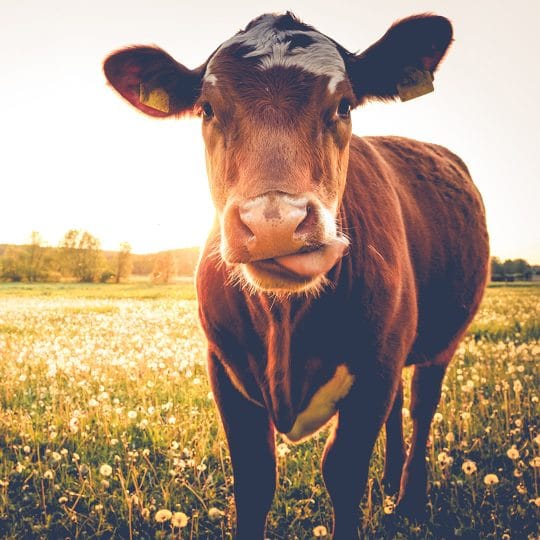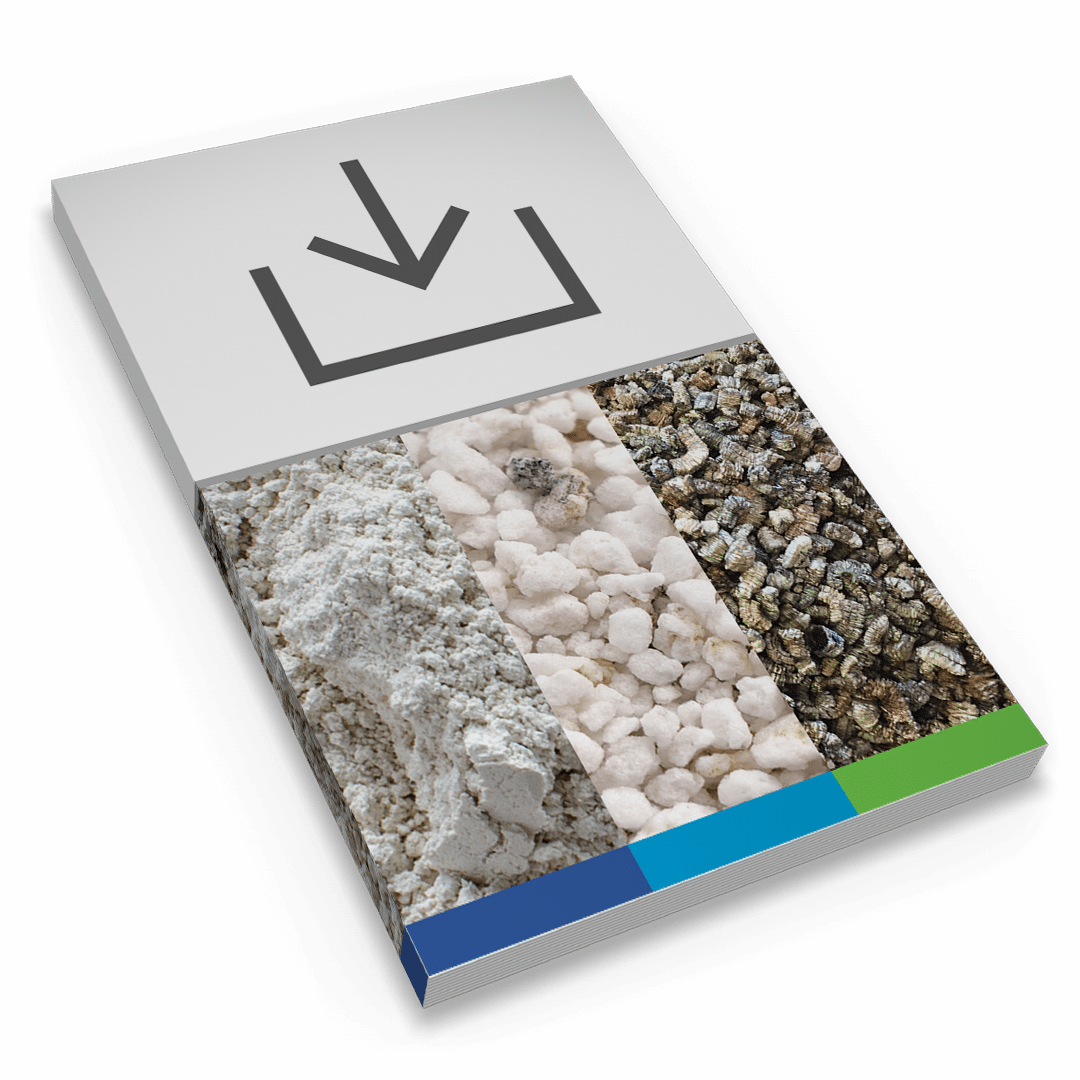How to Choose the Best Animal Feed Additive

Feed additives play an increasingly important role in animal nutrition as agriculturists search for new ways to improve the health of their animals. In addition to increased nutritional value and physical quality, additives can also increase the shelf-life of products, providing a financially smart solution for farmers.
Four Things to Consider When Choosing an Animal Feed Additive
- What will your customers think? As a business professional, your first thought should always be your customer. What will they think about the additives you use? You should feel proud of the product you choose, so proud that you are willing to be transparent about what and why you’ve chosen it.
- Are there regulations? If you are producing your meat for commercial purposes, there are regulations you need to follow. Stay up to date on all the latest rules to make sure the additive you are using is acceptable.
- What (or who) are you using it for? The nutrition needs of poultry differ from those of beef, which means not all additives are created equal across the farm.
- Would you prefer a natural product or an artificial one? You have options which range from straight-from-the-earth to formed-in-a-laboratory. Does it matter to you where the additive you use comes from?
Dicalite Management Group‘s Animal Feed Additives
Diatomaceous Earth as an Animal Feed Additive
Diatomaceous earth provides numerous benefits across your farm. It is sometimes used as a support and carrier for catalysts, generally serving to maximize a catalyst’s surface area and activity. And it doesn’t stop at animal feed—you can add it to chickens’ dust bath mixture helps prevent problems with lice and use it to help control fleas on dogs and reduce parasites in horses, pigs, and other farm animals. Our D4AFA (Animal Feed Additive) meets the USDA requirements for diatomaceous earth when applied according to regulations for these applications.
Vermiculite as an Animal Feed Additive
Vermiculite is free-flowing, soft, non-organic, and absorbent. In the agriculture industry, vermiculite’s absorbency allows for a high volume uptake of appropriate fluid, and therefore a greater yield, all while retaining good handling. It acts as a catalyst in animal feed, soaking up a range of essential nutrients and delivering them slowly to animals. Some of these nutrients include:
- Feed-grade fats
- Vegetable oils
- Choline chloride
- Amino acids
- Saccharide
- Polyoxyethylene
- Formalin
- Vitamins
- Molasses
And when you work with Dicalite Management Group, you have a technical services team behind every sale to make sure you are getting the right product for your application. Call us today at 866-728-3303 for a free sample.
Join Our Mailing List
Our blog offers insight and information about new and exciting uses for perlite, diatomaceous earth, and vermiculite deriving from years of research and application. From passive fire resistance to mineral depth filtration, by subscribing to our mailing list, you will receive the latest information surrounding the Dicalite, Dicaperl, and Specialty Vermiculite brands and products.
